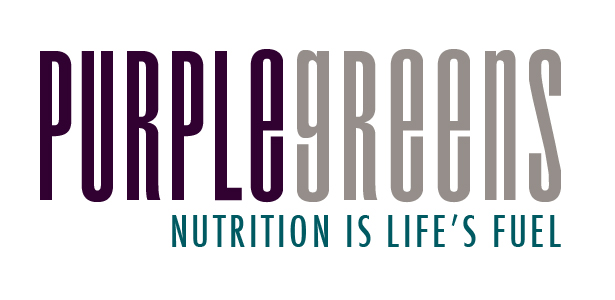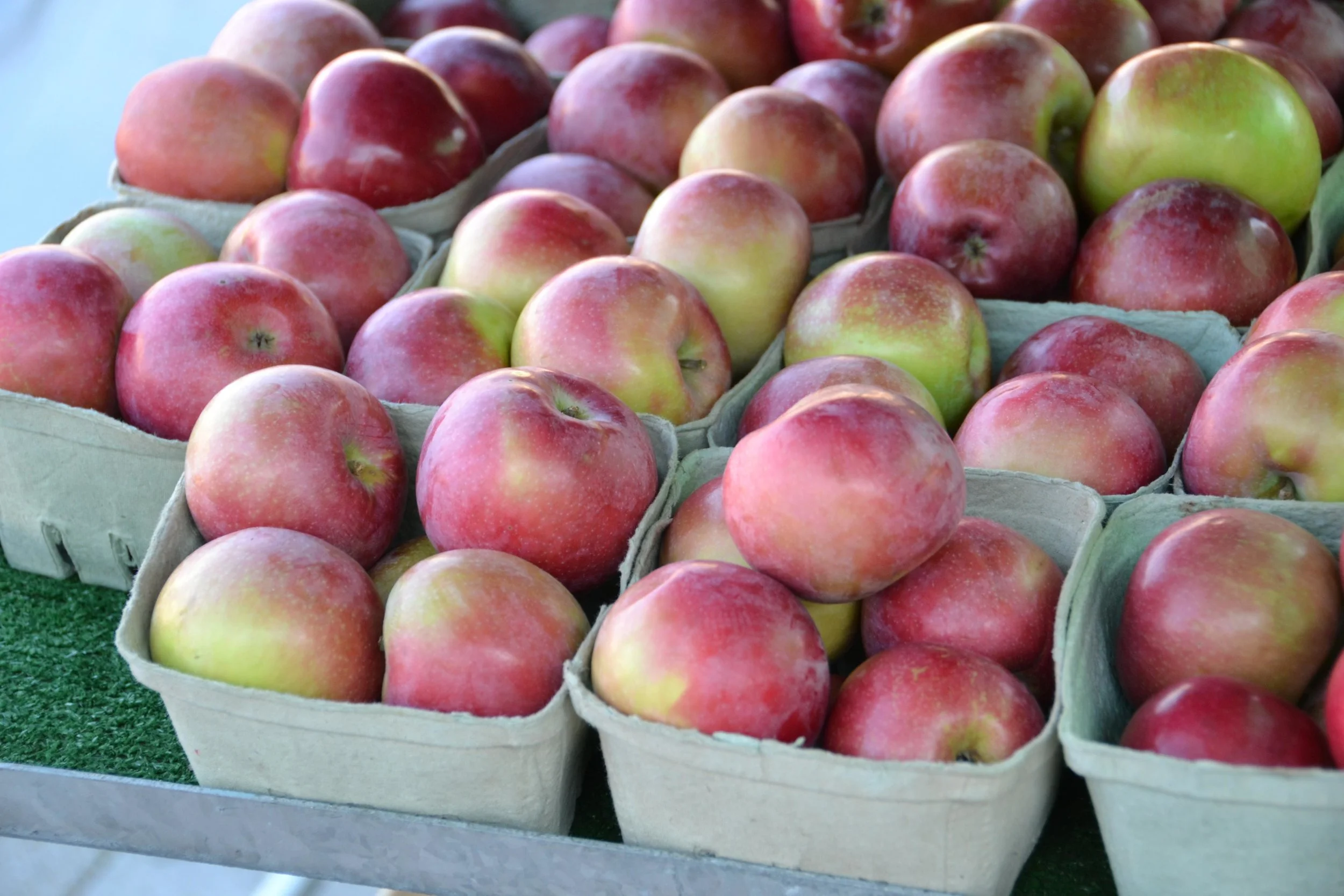Have you tried dieting or reducing calories to find out that it didn’t make a difference in your weight? Maybe you lost a few pounds but found it challenging to keep off the weight. The reason might be that reducing calories is not the solution.
Beware of the Dangers of Artificial Sweeteners and Sports Drinks
It has been demonstrated that artificial sweeteners do not provide the promise of weight loss. Sure, artificial sweeteners are less caloric dense than sugar, so in theory, drinking a diet soda or eating foods with artificial sweeteners would save your calories and would prevent your blood glucose and insulin from spiking. Unfortunately, this is not the case. In fact, artificial sweeteners have shown to increase hunger and insulin and with that your waistline.
Fine-tuning Your Electrolytes for Performance
Many associate electrolyte imbalances with heavy sweating, exercising during extreme heat or having the flu. However, did you know that over 90% of our us our deficient in potassium even without sweating or being sick? Potassium and sodium are the two big ‘electrolyte’ hitters. Deficiency in potassium can cause problems with maintaining hydration and glucose metabolism. Excessive sodium losses have been associated with fatigue and even kidney injuries.
Got Nutrients?
Did you know that the rise in our waist sizes, physical and mental fatigue, chronic aches and pains, high blood pressure, and stress levels all have one thing in common? I’m sure it is no surprise that the one link in our diet and or our lack of a healthy diet. This same link is also responsible for many of the risks associated with diseases and chronic conditions such as type 2 diabetes, high blood pressure, obesity, and undesirable cholesterol levels. But the best news is that diet and nutritional deficiencies are easy to tweak and can have tremendous outcomes on your health when done right.
Drink Your Cocoa this Flu Season
What Bacteria is Lurking in Your Gut
Can you believe that our body consists of 10 times more microorganisms than cells and that these tiny bacteria, yeasts, and funguses can be our friend or foe? There are more than 1,000 different species of bacteria in our gut. In your daily poop, it is possible that there are over 100,000,000,000,000 bacteria. Wow!
Can a Low Carbohydrate Fuel Strategy Improve Performance?
For years athletes have tinkered with ways to manipulate fueling strategies for training adaptations and to maximize performance. There are a number of fueling strategies that claim to do just this. One of the newer training fueling strategies is to train-low; meaning train with low to no carbohydrates. Why you ask? Let’s take a look.
The Difference Between Refined Sugar and Natural Sugar
There seems to be some confusion on what is meant by ‘sugar’, especially as it relates to a low-sugar diets. So to clear the air, let’s define the two main types of sugars, refined sugar and what I call natural sugar. Refined sugar refers to sugar that is processed from sugar cane or sugar beets. Natural sugar from mother nature comes from fruits, vegetables, nuts, seeds and dairy.
Poor Nutrition Increases Risk of Injury in High School Athletes
Is Sugar Causing Your Brain Fog?
Healthy Nuts and Seeds
Are You Fueling Too Much?
A Nutty Way to Lower Cholesterol
6 Ways to Stay Healthy This Holiday Season
Six Reasons Why to Cut-back on Sugar
Over the last 25 years, Americans have doubled their intake of sugar. The average adult exceeds the recommended sugar intake by 19 teaspoons a day. That equates to approximately thirteen 5-lb bags of excess sugar a year. Overweight individuals are not the only ones at risk of developing ongoing health issues. According to a study published in Journal of the American Medical Association (JAMA), healthy eaters are also consuming an overload of sugar and are at risk of developing health issues.
An Apple A Day Does Keep The Doctor Away
Why We Need Supplements
One of the most common questions I receive, is ‘Why do I need supplements if I eat a full-balanced nutritional diet?’. Years ago it would have been true that your diet could supply all the required vitamins and minerals you need to stay healthy and prevent illnesses. Unfortunately, this is not true according to today’s standards. Farming practices, the environment, stress, overabundance of processed foods and antibiotics (topical and ingested) minimizes the nutrients in our soil & food and the bioavailability of nutrients in our bodies.
Chocolate Milk as a Recovery Drink?
Chocolate milk has become a popular recovery drink for workouts and competitions. You see it at races and sporting competitions of different venues from Ironman races to 5k runs to volleyball tournaments.
So what’s behind the theory that makes everyone thinks this is a great drink and what’s wrong with this theory? A few years ago chocolate milk began to pick up head speed as a quick, convenient, good for you recovery drink. It’s been promoted by food manufactures as the right mix of carbs and proteins. Even though all of those statements may be true, chocolate milk is not a recovery drink and should not be promoted as such. This is why.

















